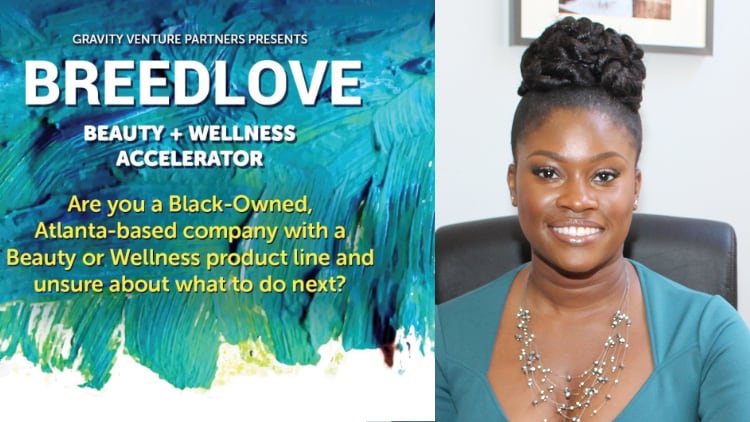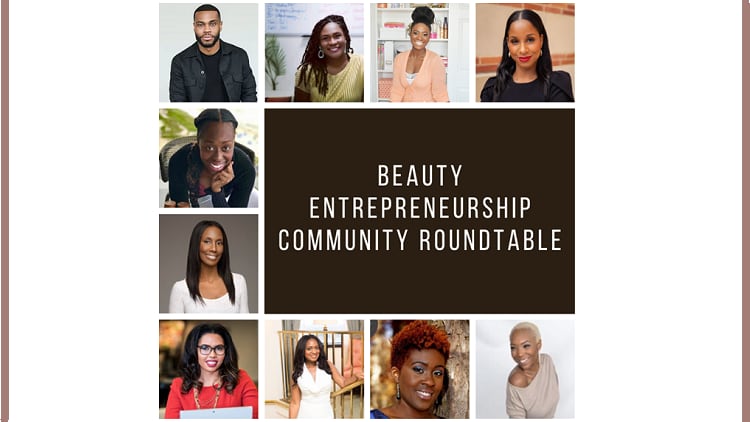Lists of Black-owned brands and corporate pledges to increase diversity have become plentiful since the demonstrations for racial justice began and even more so to coincide with Juneteenth this past Friday.
Sharon Chuter’s leading role in the Pull Up for Change movement and the work that is happening and needs to happen in the cosmetics and personal care industry are nicely explained in this recent Vox article by Cheryl Wischhover.
Here, Cosmetics Design shares a selection of beauty industry news meant to add further context and insight to what should turn out to be a pivotal moment in history for this country, this industry, and the world.
Spotlight shines on Black-owned beauty businesses
Early this month, during the first Beauty Entrepreneurship Community Roundtable (hosted by Melody Brockelman of Private Label Insider), Yve-Car Momperousse, CEO and Founder of Kreyol Essence, described this as a time when “people’s hearts and minds are open,” and, as such, an opportunity for Black-owned businesses to make progress.
It’s a sentiment that seems to be shared quite widely. On Juneteenth, Beyoncé made headline with the launch of Black Parade Route, an online directory of Black-owned businesses across industries. And that same day, indie beauty brand founder Joy Ekhator (pictured here) launched Black & Luxe, a directory or Black-owned beauty, skin care, and wellness brands.
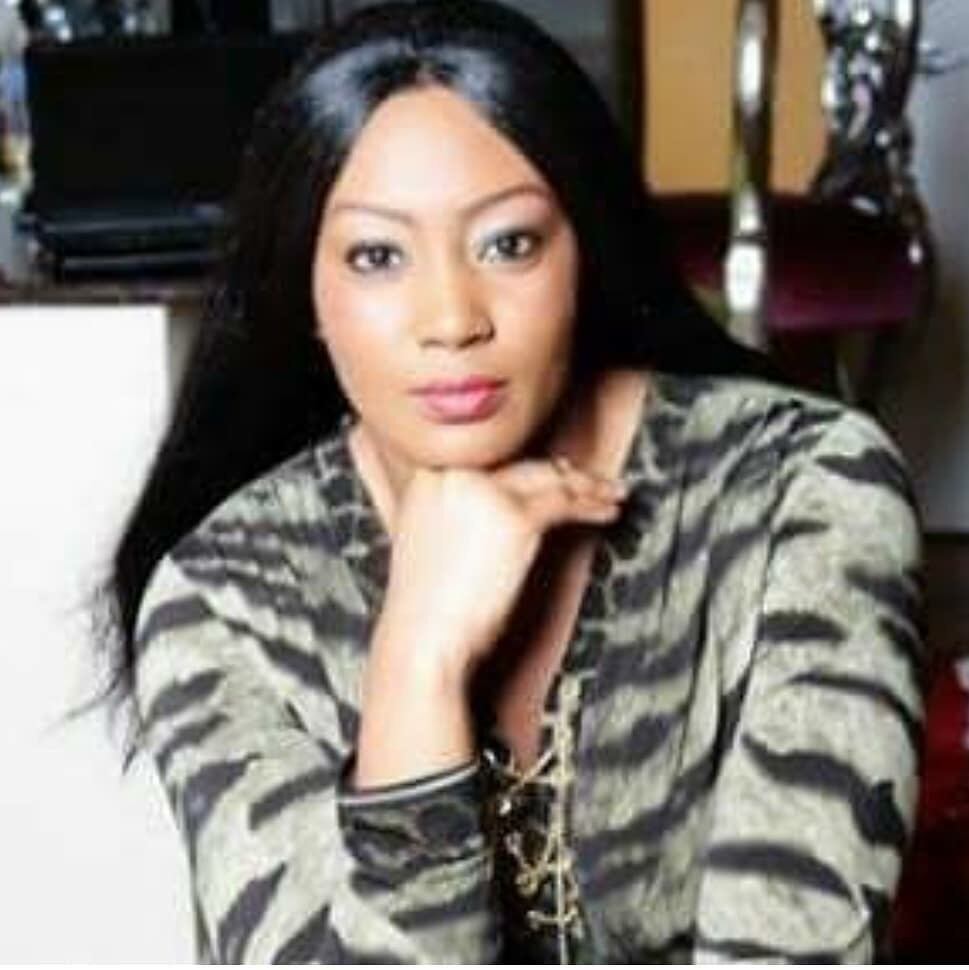
Cosmetics Design readers may know Ekhator and her brand Lovinah from this interview she gave at Cosmoprof North America just last year. “I am still working on my own brand,” says Ekhator, “but l also wanted a way to better use my platform to showcase other black-owned brands in the beauty and wellness space.”
“With so many online lists floating around,” Ekhator tells Cosmetics Design, “l wanted to create a black-owned directory so that black brands will have one place, one list, one space to connect and network.” Her new site includes not only Black-owned beauty and wellness brands but also Black content creators too.
“Right now,” says Ekhator, Black & Luxe “is just a sacred place to store black-owned businesses. It is my contribution to the Black Lives Matter movement. We hope to open up brand advertisement and a marketplace to shop black-owned beauty and wellness products in the coming weeks.”
Already the Black & Luxe beauty and wellness directory includes over 700 brands from all around the world. Additional “brands,” Ekhator tells Cosmetics Design, “can directly add themselves to the site by clicking on the add your brand link or send us an email to be added.” And she welcomes additions from industry insiders and brand fans as well.
As a side note: CosmeticsDesign.com Editor Deanna Utroske is compiling a list of Black-owned cosmetics and personal care ingredient suppliers / distributors, packaging companies, and beauty manufacturers here on LinkedIn. (if you are or know of someone who should be included on that list, please comment directly on the LinkedIn article)
The cosmetics and personal care industry recognizes Juneteenth
This past Friday, several beauty industry groups and organizations were among those honoring Juneteenth.
For instance, Cosmetic Executive Women (CEW) made a social media post stating that the professional organization “has pledged to lead by example in promoting diversity and inclusion across the Beauty industry. One immediate corporate policy change we have implemented is recognizing Juneteenth as an annual paid day of observance. As a historical event, Juneteenth represents the celebration of Black culture, freedom, and the continued fight against racial injustice. We invite our employees to use this time to reflect, to learn, to connect, and to inspire change.”
And the Society of Cosmetic Chemists (SCC) announced the following 6 initiatives on Juneteenth:
(text here is taken verbatim from the organization’s media release)
- Create scholarship opportunities for under-represented minority students pursuing an undergraduate or graduate degree in chemical, physical, medical, pharmaceutical, biological or related sciences and technology.
- Address the industry’s needs and advancements in serving communities of color with a dedicated session at each Annual Meeting.
- Publish manuscripts in the Journal of Cosmetic Science that feature research focused on advancements in serving communities of color.
- Provide opportunities to showcase the work of black chemists.
- Hold a session at Career Development Day on diversity, inclusion and equity with an opportunity for people of color to share their experiences in the industry.
- Develop relationships with historically black universities and colleges [HBCUs] in support of cosmetic science program development.
“Fight for equality within your company the way you fight for clean ingredients.”
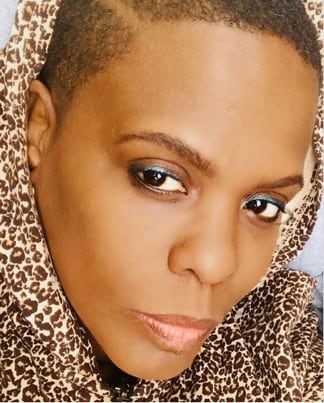
Karim Orange, an Emmy-nominated clean makeup artist (pictured at left) recently penned the following open letter, calling on clean makeup brands to create more opportunities for African Americans:
Dear Clean Makeup Brands,
African-Americans spend $1.2 trillion each year on personal care products, according to Essence Magazine, and that number is projected to rise to $1.5 trillion by 2021. In 2017 African-American consumers represented 86 percent of the ethnic beauty market, accounting for $54 million of the $63 million spent, Nielsen reported. In 2017, African Americans spent $127 million on grooming aids, and $465 million on skincare.
Despite this huge market, clean beauty brands still fail to take advantage of the expertise and know-how of professional African American makeup artists and other professionals in developing and marketing products sold to African Americans and women of color. I am an Emmy nominated makeup artist, beauty expert, and writer. I have been in the clean (green) beauty space since 2002. Elle Magazine has referred to me as a ‘green star’. My clean beauty advice was recently quoted in Glamour.com. It is clear to me that there are several straightforward ways in which brands can improve quality and increase market share while simultaneously creating a more diverse, inclusive workforce. Here are a few suggestions on how brands can achieve the goals cited.
- Analyze the current demographic make-up of your staff and set aggressive but realistic goals to increase the diversity of staff and management.
- Set goals for increasing the diversity of non-employee outside consultants.
- Diversify spokespersons and the use of models.
- Use descriptions of products that we identify with.
- Create jobs and opportunities for us and not just shades to sell to us.
These recommendations are made based on my personal experience in the industry, and conversations with numerous African American professionals in the business.
I have personally witnessed the following, due to a lack of the above mentioned:
- Brands creating a product with shade names like light, medium, dark, and ethnic.
- Brands using a non-African American makeup artist in a tutorial featuring an African American model. The makeup artist referred to our skin as ashy which is both derogatory and offensive to any African American person watching the video.
- Referring to African American skin tones incorrectly on charts at your retail accounts. Women with the skin the shade of actress Kerry Washington is not considered “dark” to most African Americans.
- Teaching your sales team to sell African Americans two products in the same situation, where a white person would only require one.
It is time to create real opportunities for African Americans within your company! Profiting from our beauty will no longer be enough. Fight for equality within your company the way you fight for clean ingredients.
Sincerely,
Karim Orange
Emmy-nominated Clean Makeup Artist
Artistic Director, Clean Makeup Academy
Clean Beauty and Wellness Writer, Organic Spa Magazine
---
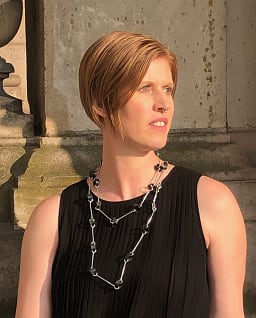
Deanna Utroske strives to cover news of the cosmetics and personal care industry with integrity and in a way that respects the diversity of peoples and perspectives that exist within and beyond beauty. Hers is a leading voice in our industry and particularly in the indie beauty movement. As the current Editor of CosmeticsDesign.com, she writes daily news about the business of beauty in the Americas region and regularly produces video interviews with cosmetics, fragrance, personal care, and packaging experts as well as with indie brand founders.


